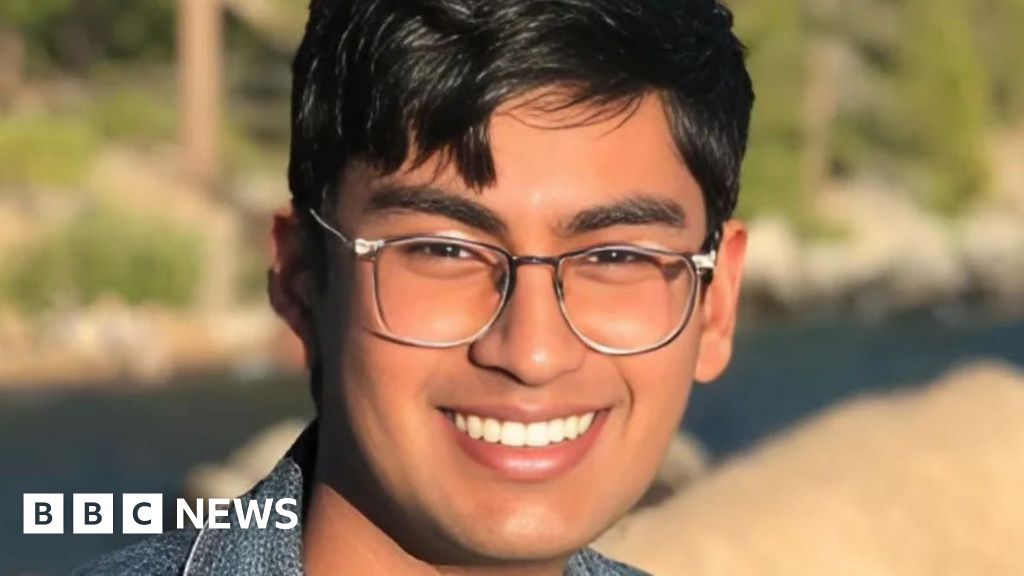Tragic Death of OpenAI Whistleblower Raises Concerns

The untimely death of Suchir Balaji, a young researcher at OpenAI, has ignited discussions on ethics and safety within the AI landscape.
The tech community is reeling after the tragic discovery of Suchir Balaji's body in his San Francisco apartment. At only 26, Balaji, a former researcher at OpenAI, became known as a whistleblower who raised critical ethical questions surrounding artificial intelligence. His contributions to discussions on AI safety and responsible innovation highlight the significant weight on young researchers’ shoulders as they challenge industry norms and practices.
Suchir Balaji's advocacy for ethical AI practices brought him into the spotlight, yet it also exposed him to considerable pressure. The circumstances surrounding his death have led many to reflect on the mental health implications for whistleblowers in the tech industry. In a field where the quest for innovation often overshadows ethical considerations, Balaji’s efforts serve as a sobering reminder of the responsibilities that come with wielding powerful technology.
In a world increasingly reliant on AI, Balaji’s legacy may influence future regulations and the prioritization of mental health for researchers. With AI projected to reach a market size of $390 billion by 2025, the need for ethical safeguards is more pressing than ever. Discussions around the balance of technological advancement and ethical considerations are essential as we navigate the complexities of AI’s future.
Reflecting on Suchir Balaji’s untimely passing urges the tech industry to create a more supportive environment for those who challenge the status quo. As we move forward into an era dominated by AI, the voices advocating for safety and ethics must not only be heard but also honored and protected.



